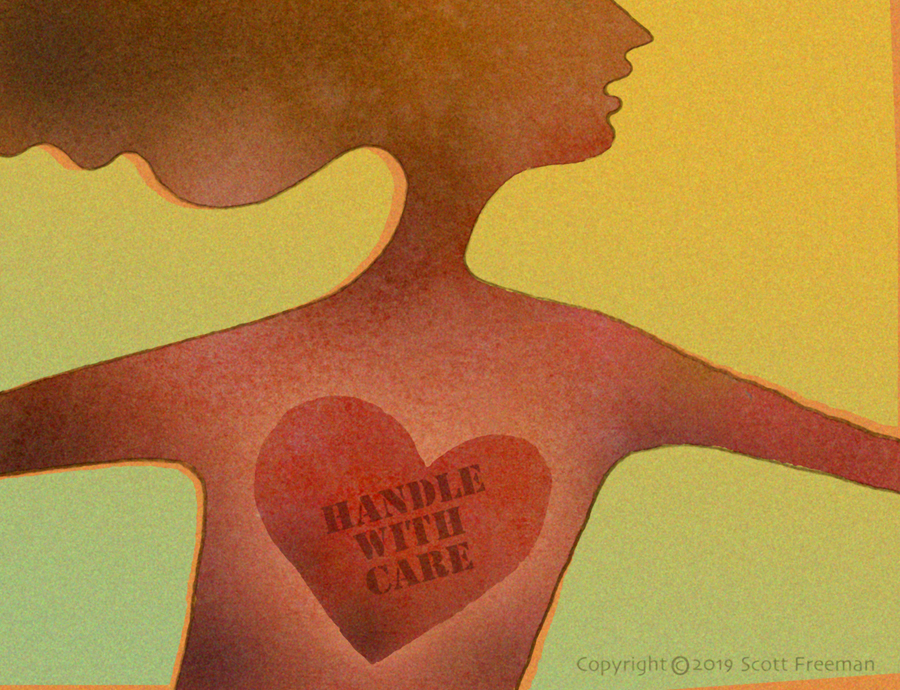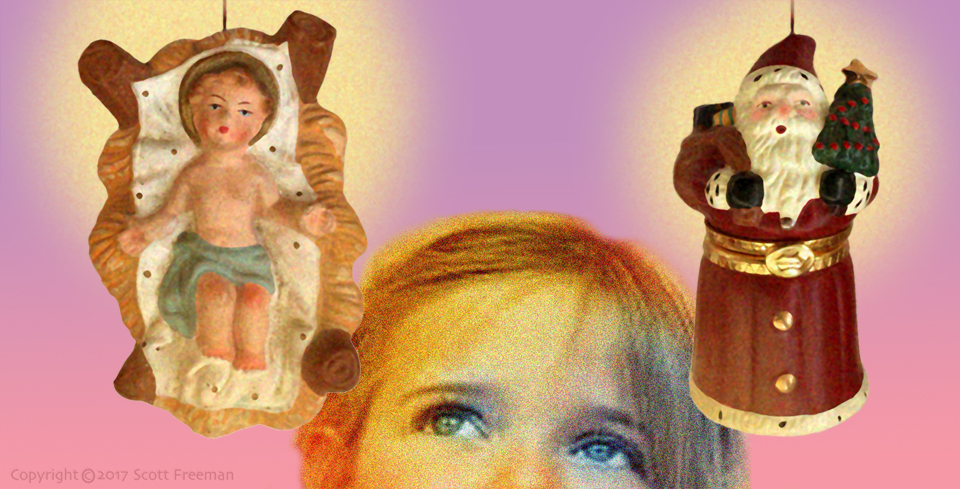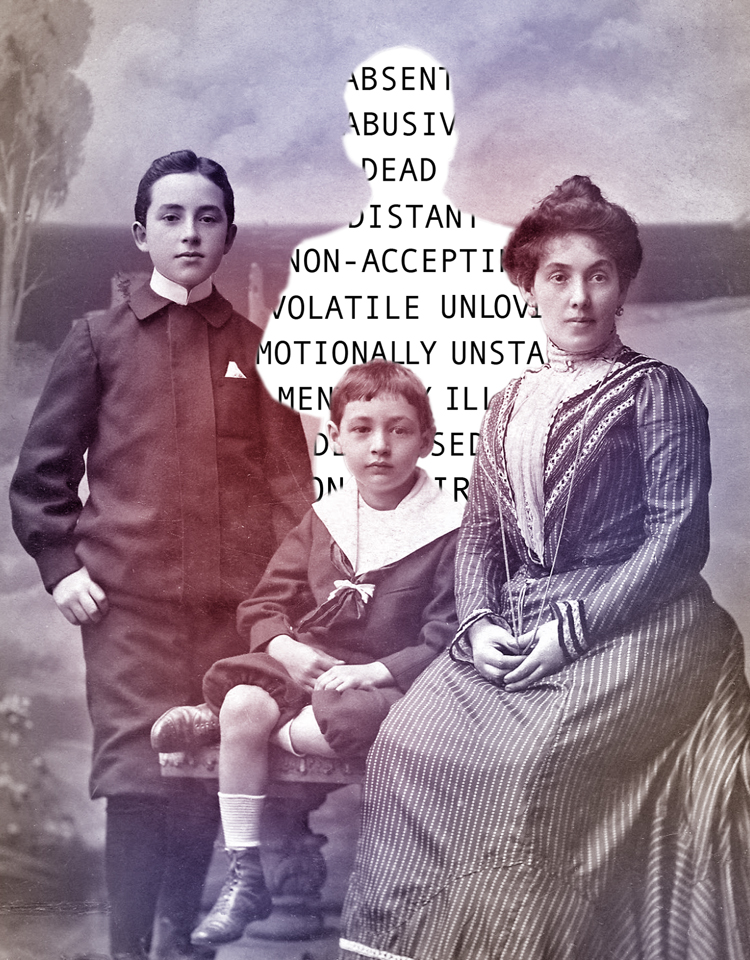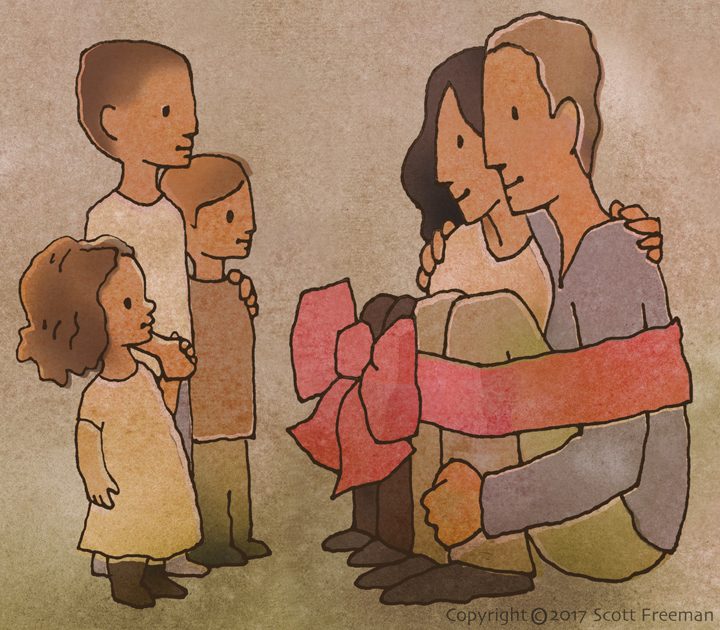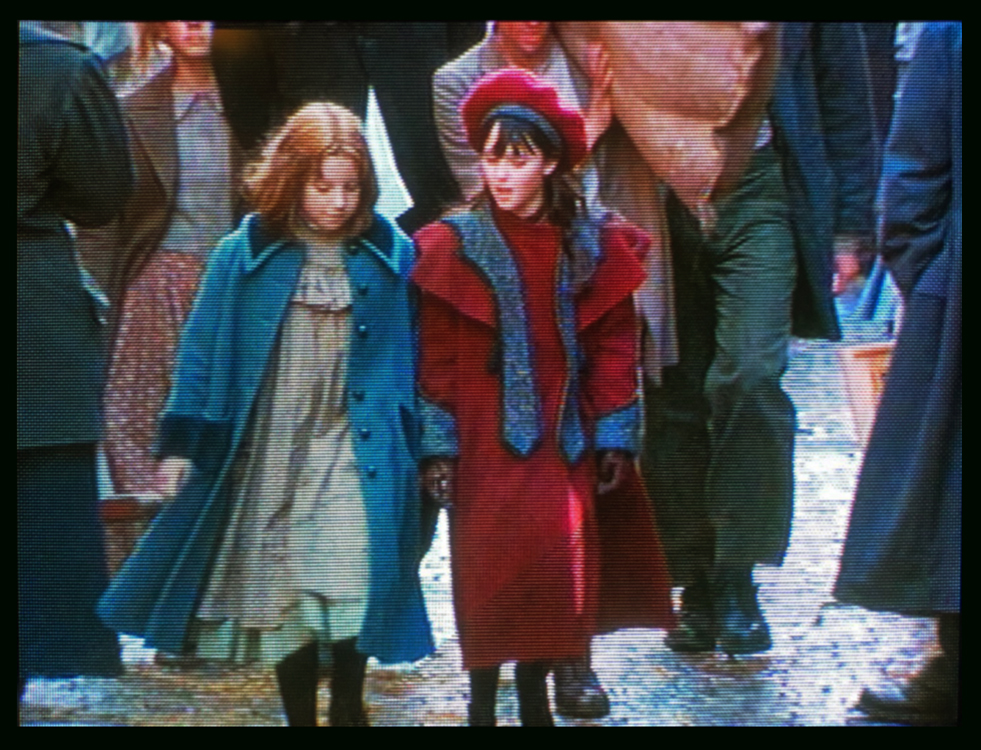
At our house we love a good story. One of our Christmas traditions is watching Christmas movies together, beginning right after Thanksgiving. I’ve noticed that if I do this with too many lame Christmas movies it makes me sad and tempts me to hate Christmas. So here are 10 that I can look forward to seeing during the season.
Here’s my criterion for the Top 10:
My personality requires that a Christmas movie be meaningful to me in some way. If it’s only about Santa Claus, or people singing and dancing, or Christmas for the sake of Christmas, that doesn’t quite do it for me. (Even though I like to watch Elf every year because the idea of a human raised in elf culture is pretty hilarious, Elf didn’t quite make the cut).
Also, since we like to watch movies as a family I wanted to make the list kid friendly. I believe these ten movies are. I hope I’m not forgetting anything. I’ve made note of possible exceptions at the end of some descriptions. (I like the idea of making Green Book a Christmas movie, for example, but it has some thematic elements that don’t fit well with small kids, so it didn’t make the cut ).
10 – Little House on the Prairie – The Christmas They Never Forgot
I haven’t actually seen this movie for a couple of decades because we only have it on VHS, but I think I really like it. The entire Ingalls family and a friend get snowed in by a Christmas Eve blizzard. They decide to pass the time by sitting around the fire and sharing stories of their favorite past Christmases. Almanzo’s story is the only one I remember, but it’s pretty great. Also, Hester Sue tells her story of what Christmas was like for her as a slave child.
9 – Prancer
A beautifully filmed movie about very average people in a small town. Sam Elliott plays a prickly widower struggling to raise his 2 kids. His spunky and mildly annoying daughter has a Christmassy secret that becomes public in hilarious fashion. This leads to the father having an emotional epiphany of his own, leading him to reexamine his priorities and rejoin the land of the living. The characters are wonderfully cast in this film.
8 – Miracle On 34th Street
In contrast to Prancer, this is a beautifully filmed movie about a beautiful couple in NYC. While the movie revolves around a charming Kris Kringle character (Richard Attenborough), the movie is really about the struggle between good and evil, belief and distrust, within each of us. While I might disagree philosophically with a few ideas, the bottom line is that it’s a visually lovely Christmas movie that is enjoyable to watch.
7 – The Bishop’s Wife
I haven’t seen the 1996 remake, so I can’t make a comparison, but I can’t imagine why this movie needed to be remade. In this 1947 black and white film, Cary Grant plays an angel sent to help a Bishop get his priorities straight, (though that’s not why the Bishop thinks he’s been sent a helper). The emotional affair between the angel and the Bishop’s wife has always made me a little uncomfortable, but the writers manage to erase the discomfort by the end of this amusing story.
6 – Christmas Eve
The newest movie on my list (2015), we watched this for the first time a couple of years ago, mostly because of the cast: Patrick Stewart, Jon Heder (Napoleon Dynamite), James Roday (Shawn from Psych), to name a few. It’s a psychologically fascinating idea. Basically, an entire section of NYC loses power on Christmas Eve, trapping various groups of people in 6 different elevators throughout the city. It’s kind of an exercise in imagining what would happen if you were forced to move beyond the surface with people you would ordinarily pass by. (For instance, a guy who just got fired on Christmas Eve gets stuck on an elevator with the manager who fired him). The entire movie consists of following these wildly diverse groups as they interact throughout the evening, resulting in some alternately amusing and profound moments.
5 – The Nativity Story
After all, the birth of Jesus is the reason we have a holiday called Christmas, so every season I want to see a movie telling that story. This is the best one I’ve seen. I love that the characters look middle-eastern (because they are). And yet, despite their quest for authenticity, the producers fail to comply with the biblical narrative at a couple of points. Nonetheless there are many powerful and beautiful moments. For me it is most moving to watch the awkwardness of Mary and Joseph’s divinely-created predicament being played out in a palpably human manner. Visually this film is exceptional.
Note: there are a couple of violent (but not terribly graphic) scenes having to do with Roman soldiers, which some kids might find disturbing.
4 – A Christmas Carol (George C. Scott version – 2009?)
These last 4 are difficult to rate. Perhaps I only rank this at number 4 because of its familiarity, and I want end with a couple of movies you probably haven’t seen. For me A Christmas Carol may be the quintessential Christmas story. I LOVE the story of Mr. Scrooge’s repentance and joyful embrace of becoming a man who “knew how to keep Christmas well, if any man alive possessed the knowledge.” I like this particular version because of its beautiful filming and clarity. (Apparently there are over 8 movie versions of this story). I also have the1951 classic version starring Alastair Sim as Scrooge. It has its superior aspects, but overall I find it sometimes difficult to watch and understand.
Note: some children might find Marley and some of the Christmas spirits frightening.
3 – It’s A Wonderful Life
These last 3 are probably a 3 way tie. Love this story. Love the characters. Love the self-sacrifice of George Bailey, reluctant though it may be at times. (Love that too). Love the corniness. Love the dialogue and the quotable lines. Love Clarence, the angel with “the IQ of a rabbit.” Love the valuing of family and community over personal achievement. I suppose this film is similar to A Christmas Carol in that a man is made to assess his life with the help of a supernatural being, and has a change of heart. I guess something about that resonates with our common human experience.
2 – Samantha – An American Girl Holiday
Okay…my guy friends will probably revoke my man-card for listing these last 2 as my favorites, but I don’t care – I love this movie!
Yes, I know this film was probably made as a marketing stratagem to sell more Samantha Parkington dolls and accessories, (hence the stupid title), but it resulted in a great Christmas movie! It actually makes me CRY…there, I said it! But not due to mere sentimentality. The movie is about love, family, friendship, loss, social justice (yes), and how privilege and power could, or should, be used.
I only know about this movie because my wife and I bought it years ago for our daughter who owned a Samantha doll. We have since stolen the DVD back from her. I still can’t believe somebody made a full length movie this good to sell a toy. Don’t knock it ‘til you’ve seen it. Don’t even try to tell me you sat through this and didn’t tear up.
I don’t even know how to summarize without spoiling the movie. I’ll just say the movie is set at the end of the Victorian era, in New York, 1904. Samantha befriends a neighboring immigrant servant girl, and…you should just watch this movie.
1 – A Season For Miracles
Number one of the 3-way tie – a movie nobody has heard of. That’s probably because it’s a Hallmark movie. Elitist types have taught us to smirk at and disdain Hallmark movies. Not unlike the Samantha movie, this one is also a marketing tool. In this case, the movie was made in order to create a positive emotional connection in the viewer’s mind toward Hallmark Cards, Inc. (I know this because I worked at Hallmark as an artist and I once heard the guy in charge of Hallmark movies speak). But I don’t care! I LOVE this movie!! Hooray for ethical capitalism!!!
But about the movie. All I’ll say is this. A devoted aunt rescues her sister’s kids from being put into the foster care system, but she does this pretty much illegally. Things get complicated as she tries to make this work by blending into a small town. She meets a guy, whose attraction to her further complicates things. So it’s a love story, but also a story about trust, poverty and privilege, exclusion and community, and love. All kinds of love. Did I say love? Love is awesome. Always. Good movies about love are the awesomest.
Our family lived in the inner city for a long time. The biological mother (Laura Dern) in this film is scarily spot on. Same with her street smart and not-cute daughter. Pretty gritty stuff for a Hallmark movie. My only complaint is that, as in several of my picks, there is an angel in this movie, which I think the movie could have done better without. But in keeping with Hallmark’s tendency to gild the lily, there she is. I still love this movie. I think you will too.
Share you thoughts
If you check out a movie from this list that is new to you, I’d love for you to come back and share your thoughts in the comment section below. What did you think?
Also, if you would like to recommend your favorite Christmas movie below, I’d love to hear it. I’m always on the watch for good ones.
Merry Christmas!
Scott

